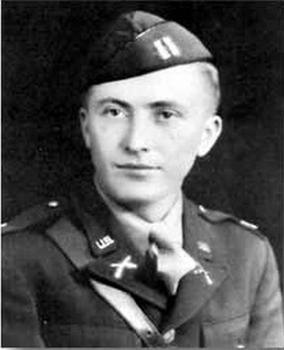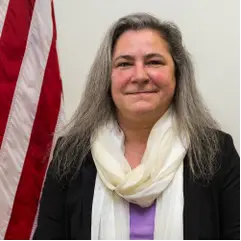Friday, April 18, marks the 80th anniversary of the death or Ernest “Ernie” Taylor Pyle, the American journalist and war correspondent who won awards and the hearts of the American people for his stories from the soldier’s point of view in the battles during World War11
A reporter for Scripps- Howard newspapers since 1935,Pyle was known for his folksy style and ability to write extraordinary stories about ordinary people.
When the nation went to war in 1941, Pyle was assigned by the newspaper syndicate to cover the European and Pacific theaters, writing his stories about the men fighting the battles from their point of view. For his efforts, he won the Pulitzer Prize in 1944 for writing about the “dogface” infantry soldiers. He was killed by enemy fire during the Battle of Okinawa and at his wish was buried in Leija, Japan.
Born Indiana on August 3, 1900, Pyle was the son of a tenant farmer who disliked farming and enlisted in the Naval Reserve during World War I and began studying at the University of Illinois. When the war ended, he enrolled at Indiana University but since there was no degree in journalism at the time, he majored in economics but took several courses in journalism
He became a reporter for the student -written newspaper, then its editor, and eventually a columnist for the Scripps-Howard newspapers because of his unique writing style. In between, he traveled extensively, joined a journalism fraternity and left school to be a reporter for a daily newspaper ,later for the Washington Daily News.
He married in 1925, and he and his wife traveled extensively while he wrote, often about her as “the girl who rides with me.” Both suffered from alcoholism he also from depression, they divorced, re-married by proxy while he was in Europe during the war, and she died eight months after he did from declining health and influenza.

Pyle covered the Battle of Britain in 1940, then returned to Europe in 1942 as a war correspondent, spending time with military during the North African, and Italian campaigns and the Normandy landings. He suffered combat stress related issues and spent several weeks recuperating in the United States in 1944 before returning to the Asiatic-Pacific theater.
He was killed covering the Invasion of Okinawa.
He had come ashore with the Army’s 305th Infantry Regiment,77th Infantry, and was traveling by jeep with the commanding officer and three other officers toward a new command post when the vehicle came under fire from a Japanese machine gun.
The men immediately took cover in a nearby ditch. According to the officers, Pyle raised his head to look around, another burst hit the road Pyle was hit by a machine-gun bullet that entered his temple just under his helmet, killing him instantly. He was buried, wearing his helmet, and President Dwight Eisenhower said at the time of his death, “The GIs in Europe––and that means all of us––have lost one of our best and most understanding friends.”
After the war, his remains were moved to the US Military Cemetery on Okinawa and later to the National Memorial Cemetery of the Pacific in Honolulu. His headstone describes him as “the pre-eminent war correspondent of his era.”
He was awarded the Purple Heart, a rare honor for non-militants, has had a ship, library, a Boeing B-29 Superfortress, an island a highway rest stop, and a reserve center named for him, in addition to receiving numerous military, journalism and citizen awards as well as a scholarship for journalists.
His most famous column is The Death of Captain Waskow





















